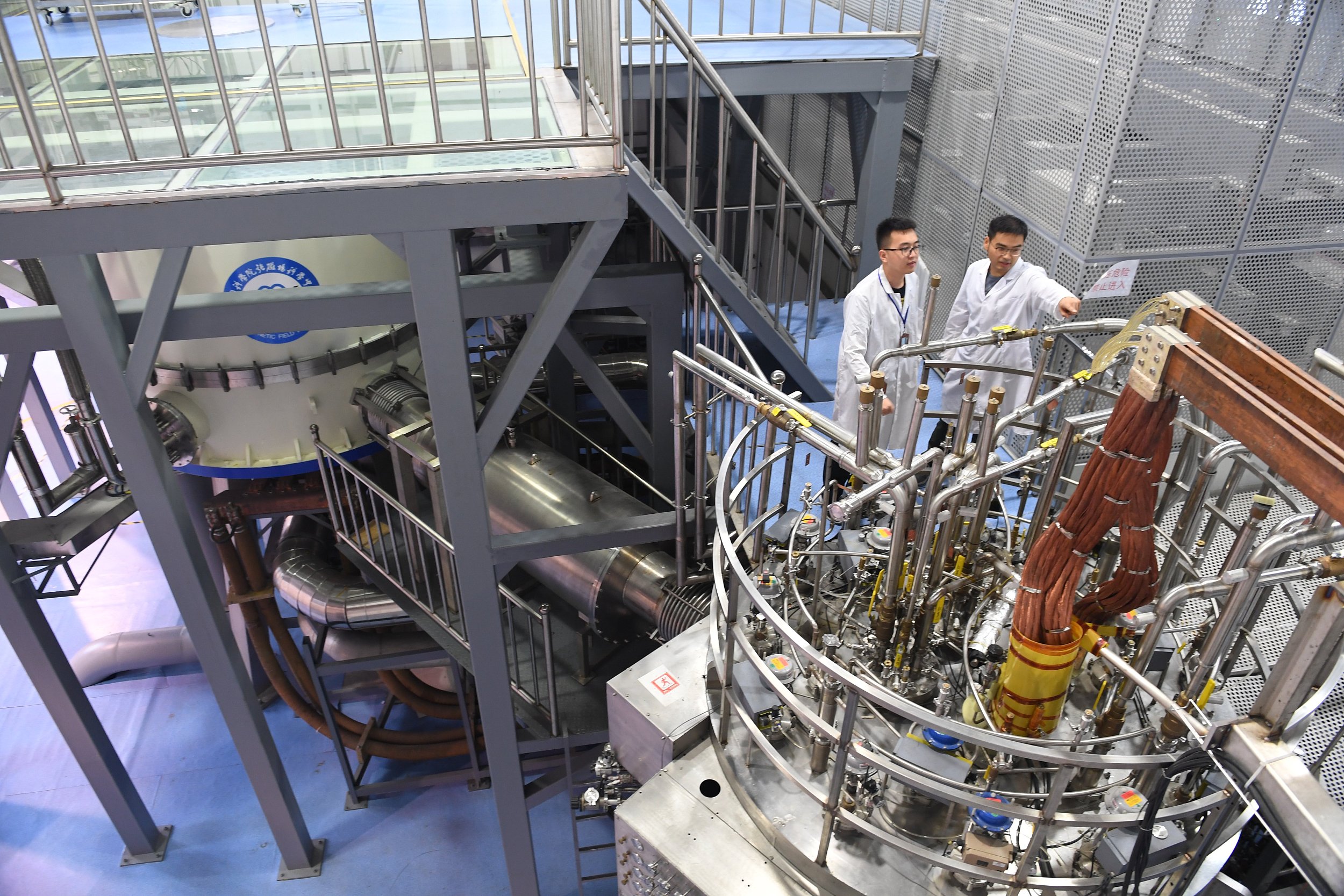Inactivated KAT7 Gene Could Delay Aging
By Staff Reporters
Chinese scientists recently found that KAT7, a gene identified as a senescence driver, could partially "crack the human aging code."
A research team from the Institute of Zoology at the Chinese Academy of Sciences (CAS), is exploring the genetic information hidden in the human genome that induces cell senescence, hoping to suppress the acceleration of aging through corresponding interventions.
Their current study found that activation of endogenous viral elements in the human genome is a key factor in inducing cell and organ senescence.
"During the aging process, inactive repetitive sequences in genome, such as those of ancient viruses, are reactivated. In senescent cells, they provoke the human cellular response to viruses, leading to chronic inflammation and promoting cellular senescence," said Liu Guanghui, a research team member.
The team used the CRISPR/Cas9 method to culture and screen millions of human cells and then identified dozens of previously undiscovered genes that promote cellular aging from more than 20,000 human genes.
Through repeated screening, KAT7 was finally identified to promote aging. Its testing experiment confirmed that when the gene was partially inactivated in the livers of elderly mice, 81 percent of them could live for more than 130 weeks, which compares to about 80 human years.
Liu explained that KAT7 is an epigenetic enzyme. When the gene is inhibited or turned off its molecular switch, human stem cells age at a slower rate, even reversing some effects of aging to some extent.

